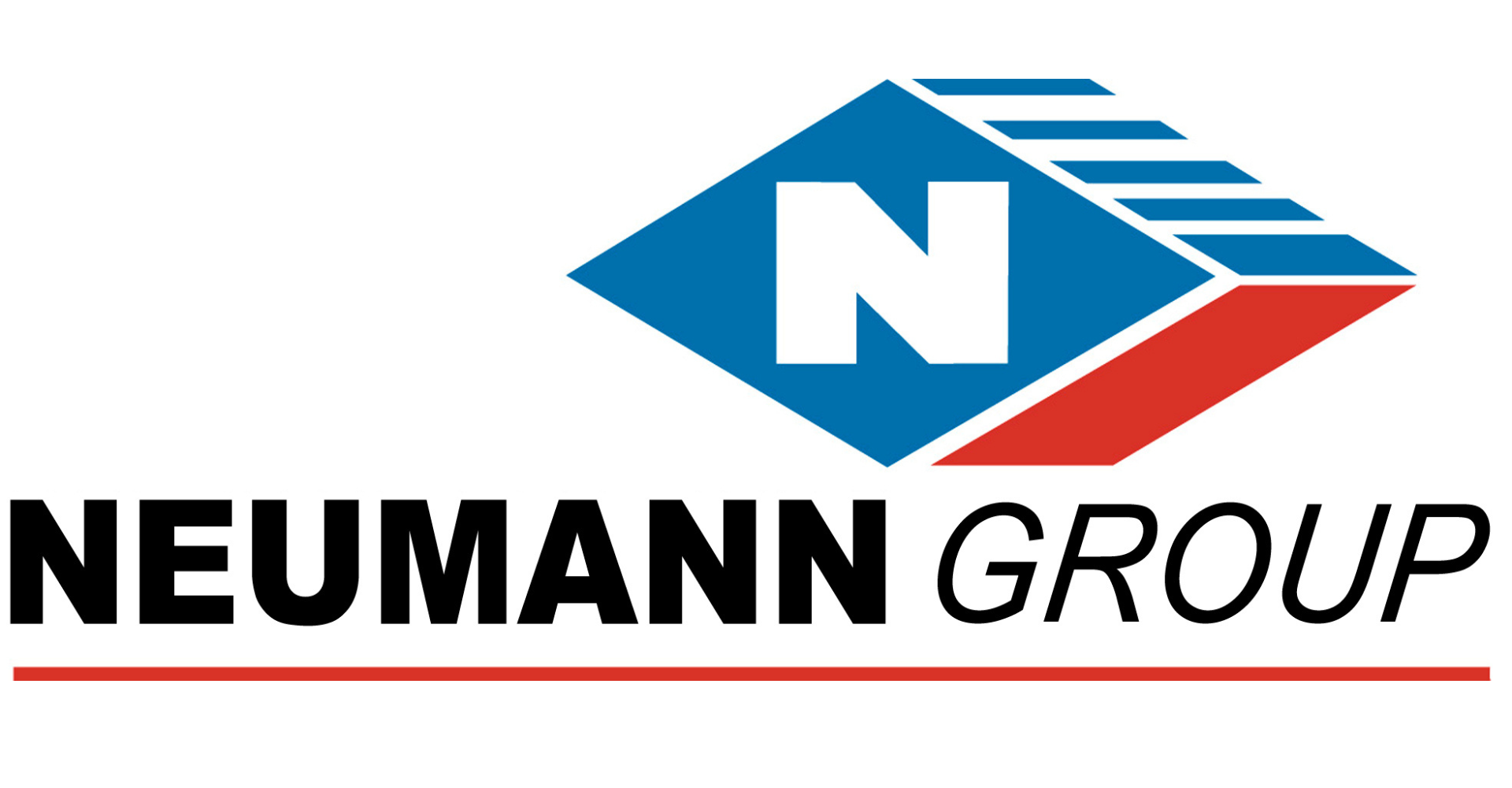5 things you are getting wrong with the latest COVID-19 restrictions
Is your business doing the right thing? After a Gold Coast business was fined an eye-watering amount for allegedly failing to comply with COVID-19 rules, see how you can do the right thing.
From 12 noon, 3 July 2020, restrictions were further eased for businesses in Queensland. For businesses with an area less than 200 square metres, businesses can operate with 1 person per 2 square metres up to a maximum of 50 people. Owners must keep a register of customers who visit the business, and store their information securely for at least 56 days. Here are some common mistakes that you could be making:
covid tracing information:

You must keep a register of customers who visit your business, and store their information securely for at least 56 days. This information should include name, phone number, email address, and the date and time period of patronage and should be stored securly (this is important for businesses which may have obligations under the under the Privacy Act 1988).
A common mistake made by businesses is the use of a clipboard, paper and pen to keep a register of customers. Interim infection prevention and control guidelines recommend against the use of communal pens or paperwork as this poses a risk of transmission of COVID-19. Furthermore, there is a great risk of a potential breach of privacy for those businesses captured under the Privacy Act and a direct contrevention of the relevent COIVD safe check list which requires such information be stored confidentially and securely.
A common approach which is encouraged is the use of paper slips with sanitised pens or the use of an online data collection service. Services such as google forms (coupled with the creation of a QR code) or another data collection service which can enable customers to enter thier own details using their own mobile device and ensure the data is privately stored and easily quantified when requested by public health officers.
QUICK TIP FOR Takeaway Food or Home Delivery BUSINESSES:
A person who operates a business that provides takeaway food or home delivery is not required to collect contact information from takeaway or home delivery patrons. Per [14] of the Restrictions on Businesses, Activities and Undertakings Direction (No. 3).
Contact the chamber for further support in setting up an online covid tracing form.
SHARED MENU'S OR MATERIALS:

As part of the COVID Safe Checklist: Dining and drinking, businesses ar encouraged to reduce the sharing of items and clean frequently touched areas.
a common mistake is the traditional use of a cafe menu on tables or for collection at the counter (without being cleaned) or use of a communal menu at the counter. The first practice greatly increases the risk of transmission as menu's are being shared by multiple customers prior to being cleaned or there is little control over which menu is being used by a single patron at any one time. The second practice encourages customers to congrigate in a single location or physically touch a menu which has been used by (or touched by) multiple other patrons.
A common approach which is encouraged is the use of a digital menu or a rigorous hygiene and cleaning regime. Such a program should include ways in which your staff can safely manage communal menus or shared items while meeting hygiene requirements.
Processes behind the counter:

As part of your obligations, businesses must modify processes behind the counter (including in the kitchen) to limit workers having to be in close contact, as much as possible.
A common mistake is businesses focusing on public or customers/clients, allowing staff to congrigate in close proximity (breaching social distancing requirements) in order to keep within businesses operations. It is also a common mistake to focus on what is 'front of house' and forgetting to ensure break rooms and 'back of house' areas are also keeping within protocol. Queensland Health Auditors will be auditing 'back of house' areas unto which your business could be open for a potential failure to comply with public health directions.
A common approach which is encouraged is the assignment of workers to specific workstations to minimise the need to go into other spaces or the implementation of a process which encourages front of house workers to collect food without needing to go into food preparation areas. Signage on doors to indicate how many staff can be in a room at any one time is also encouraged.
occupant density:

Under the recent changes; dining in or drinking patrons should be restricted to 50 persons at a time.
One common mistake is the understanding that one size fits all, the belief that "for as long as I squeeze 50 (not 51) people into my business then I am fine". Another common mistake is the belief that where a business is at capacity (50) and a table of 6 are due to leave (but havent yet) than I can accept patrons in their place. The first practice is incorrect and ignores the latest directive which stipulates a dual approach:
- no more than one person per 2 square metres (up to a total of 50 people) for venues or spaces of 200 square metres or less and or no more than one person per 4 square metres for venues or spaces of 200 square metres or more.
- The business must observe physical distancing to the extent possible (even if this limits your capacity).
The second practice leaves a business susceptible to the possibility of being caught in breach of public health directions.
A common approach which is encouraged is to provide a clearly visible sign for customers and staff stating how many people are allowed in your premise. Ensure a limited number of tables within a cafe are available to patrons so as to ensure control over how many people can enter and sit down. Tapped lines or visible markers are also helpful for staff within a business/office setting in understanding where desks may be breaching recomended distancing rules.
QUICK TIP FOR HOSPITALITY BUSINESSES:
Venues and facilities can have the number of staff reasonably required to operate, in addition to any patrons permitted entry in accordance with the four square metre rule.
DELIVERIES ATTENDING YOUR PREMISES:

It's easy to forget about an upcoming delivery and tempting to believe that deliveries aren't your problem (but should be that of the delivery companies).
A common mistake is allowing deliveries to take place inside of the premises or at the communal counter. Though the interaction may be brief, this increases the risk of transmition and put all on your premises at risk.
A common approach which is encouraged is to direct deliveries to a set location outside of the business (such as a back area or loading bay). Use electronic paperwork where practical. If a signature is required, discuss providing a confirmation email instead, or take a photo of the goods onsite as proof of delivery.

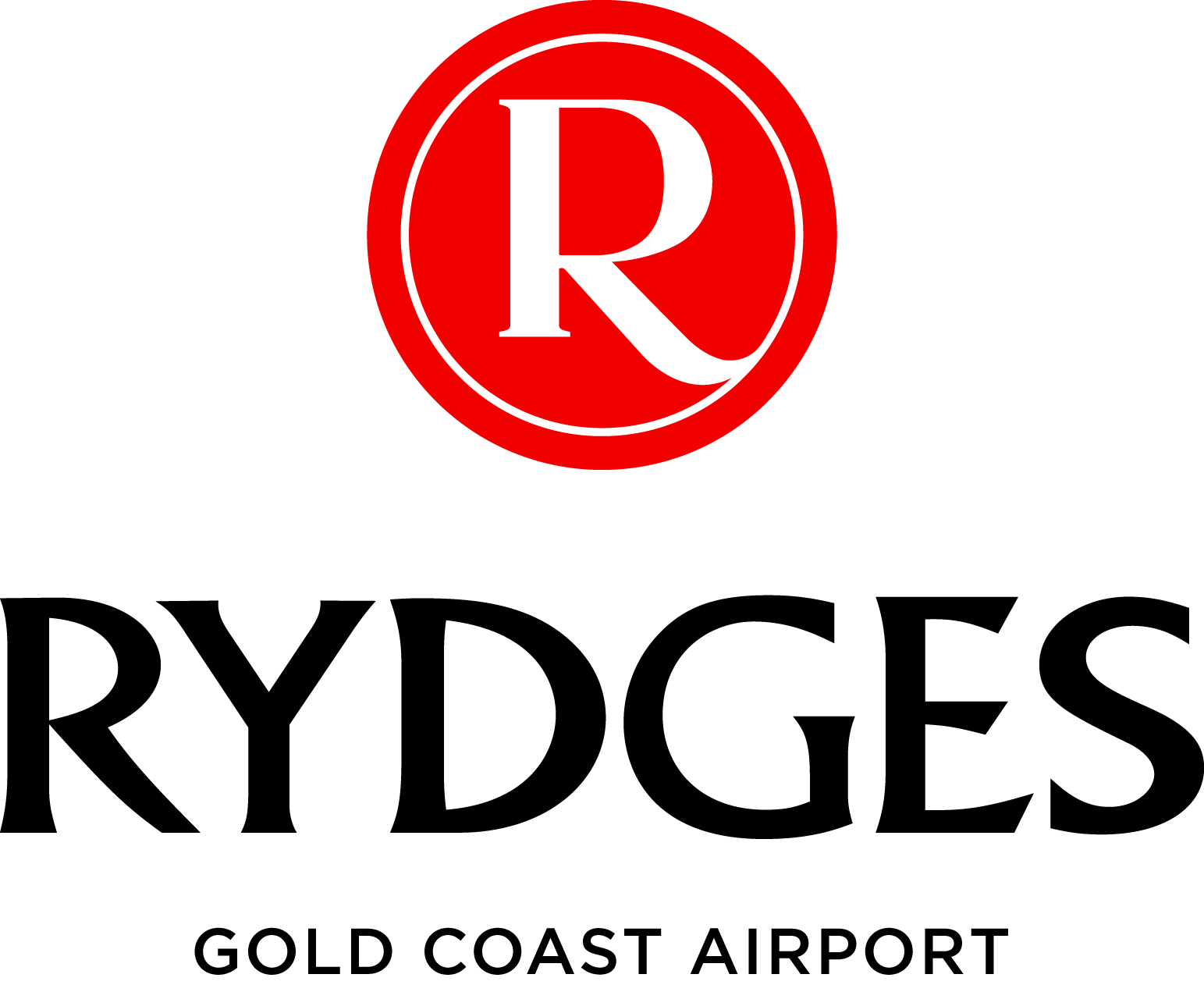

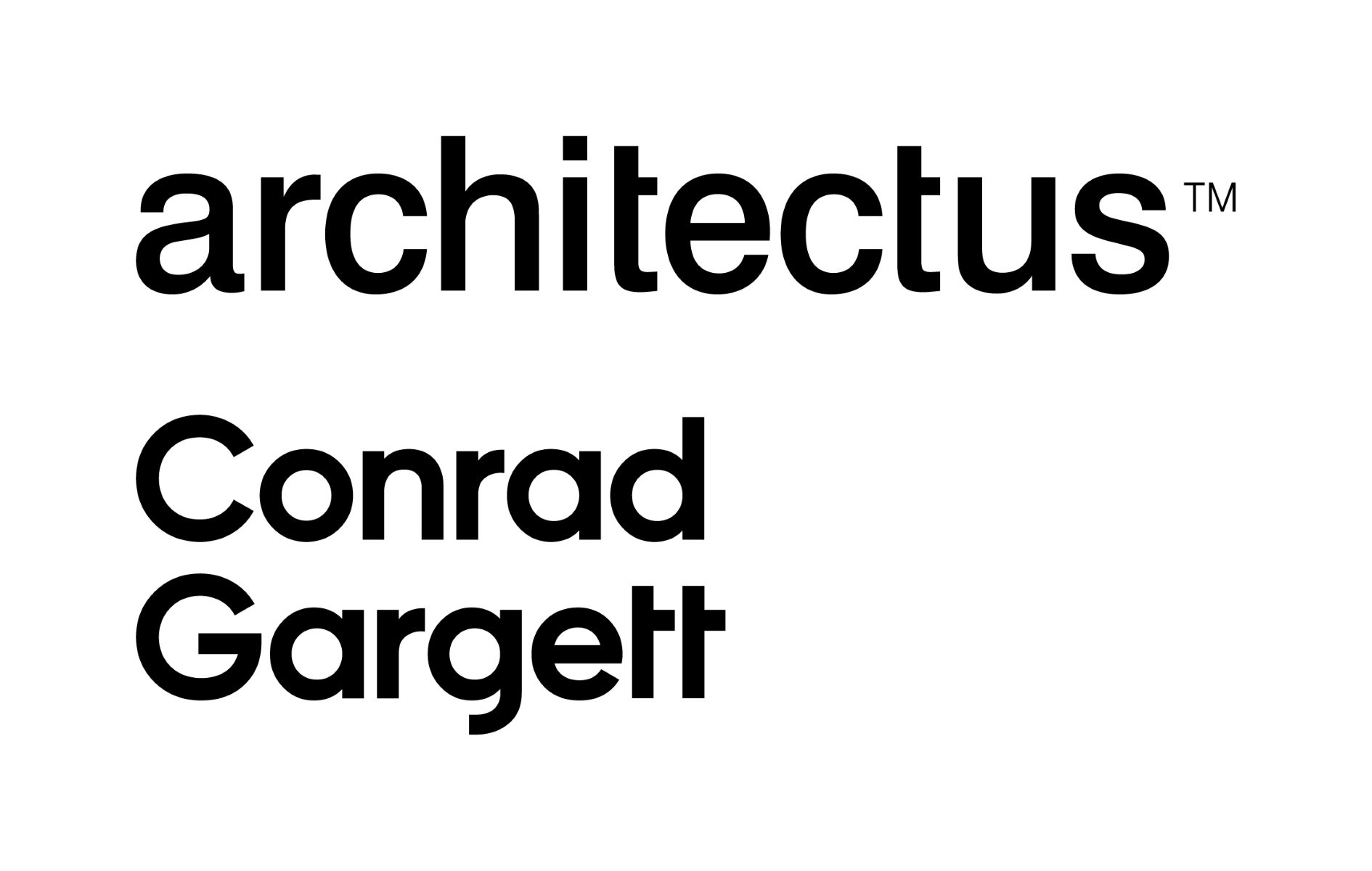


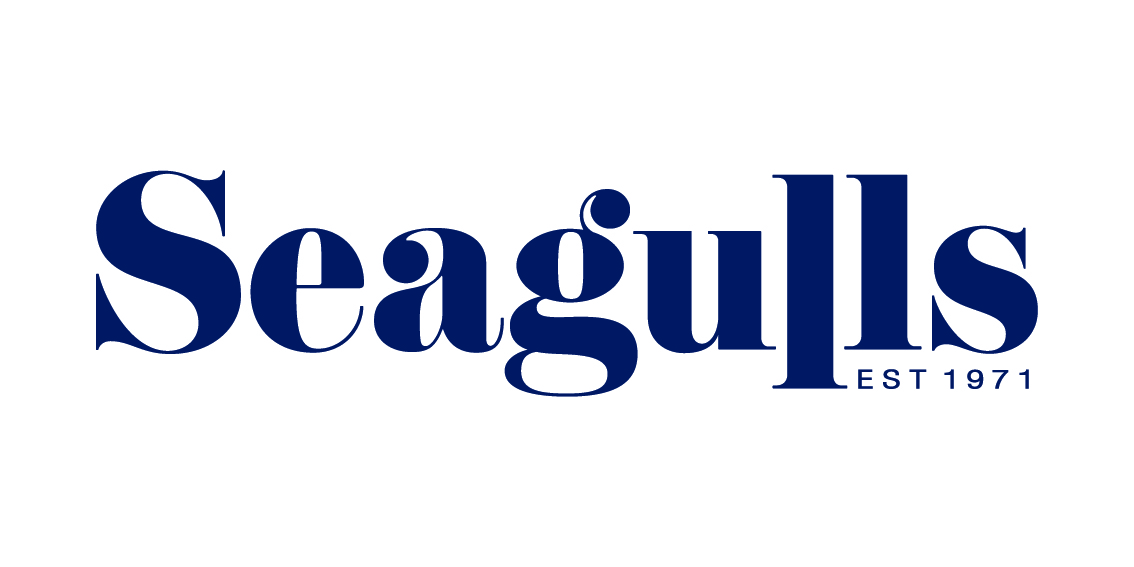
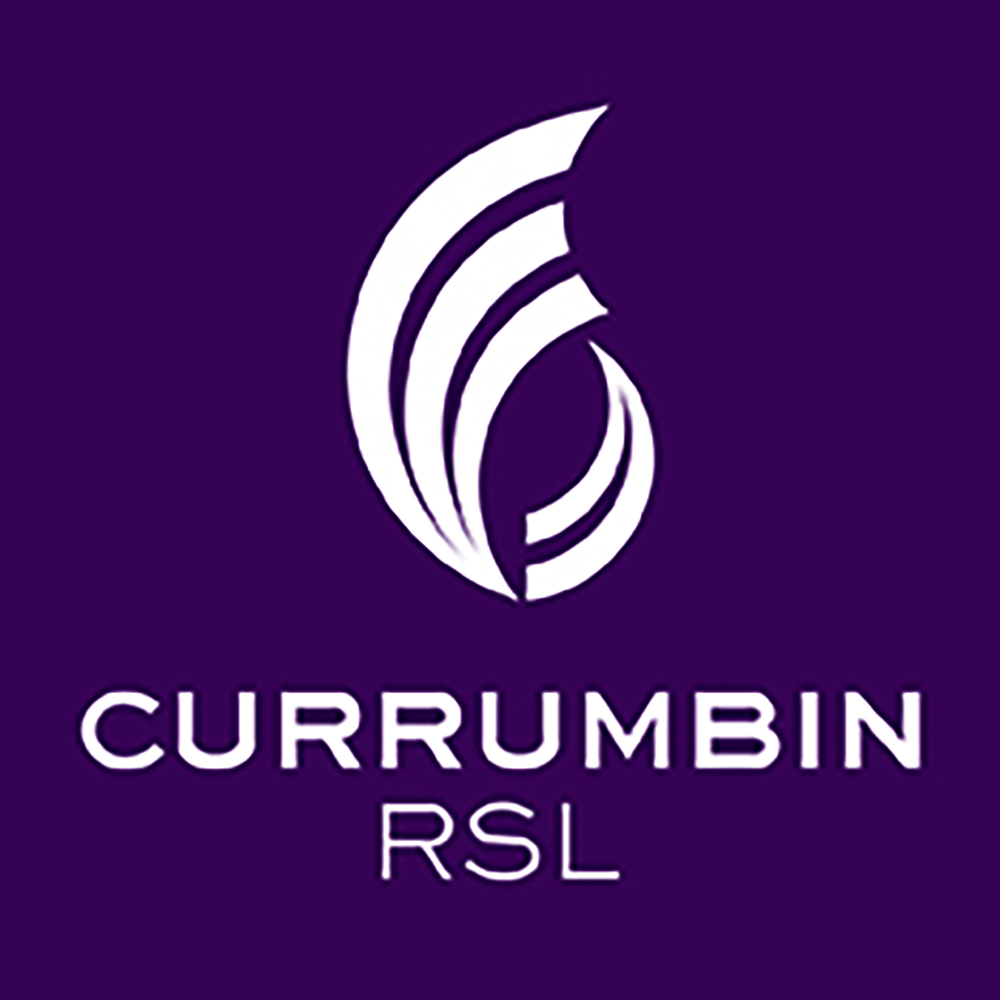
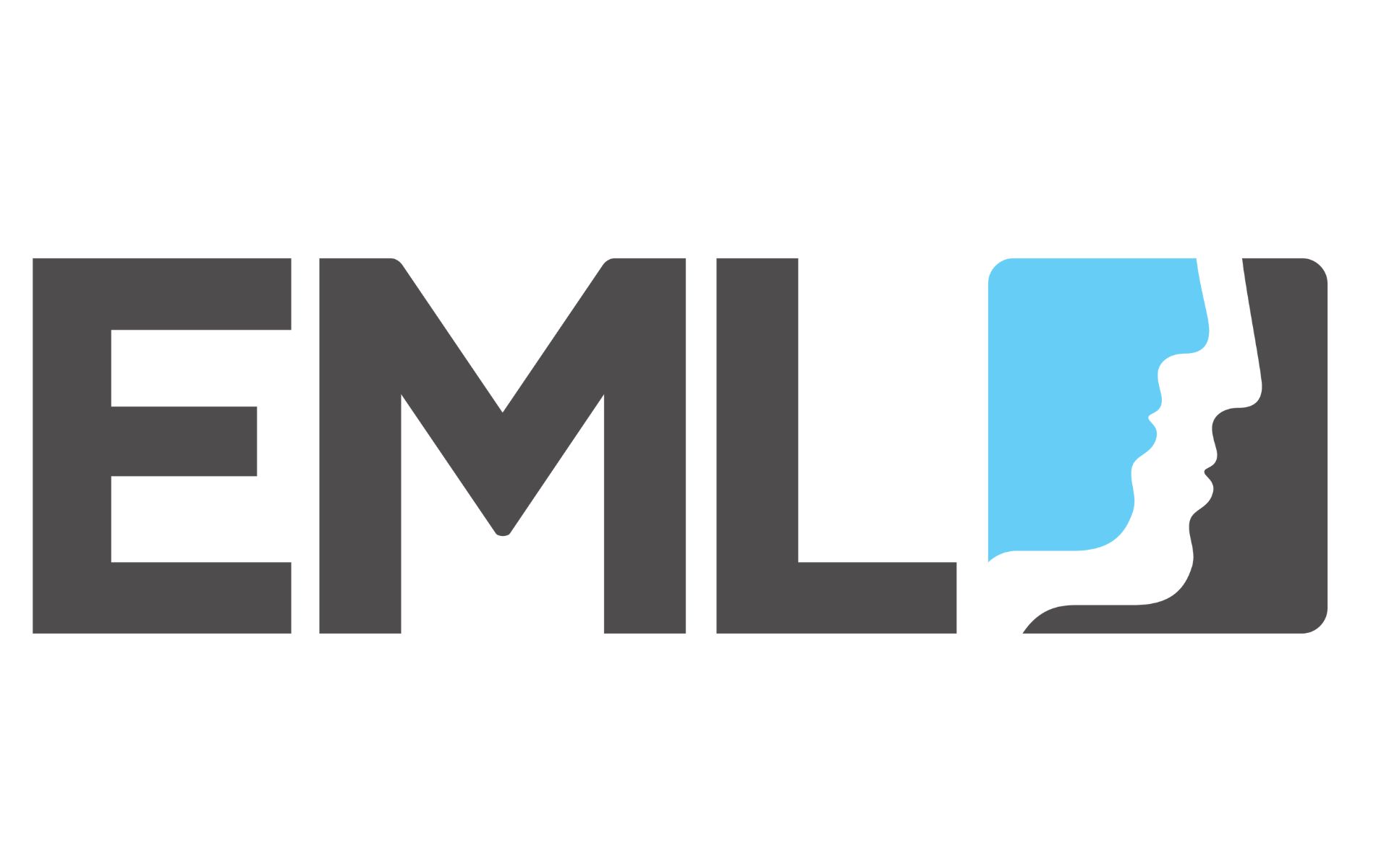
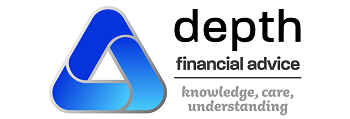
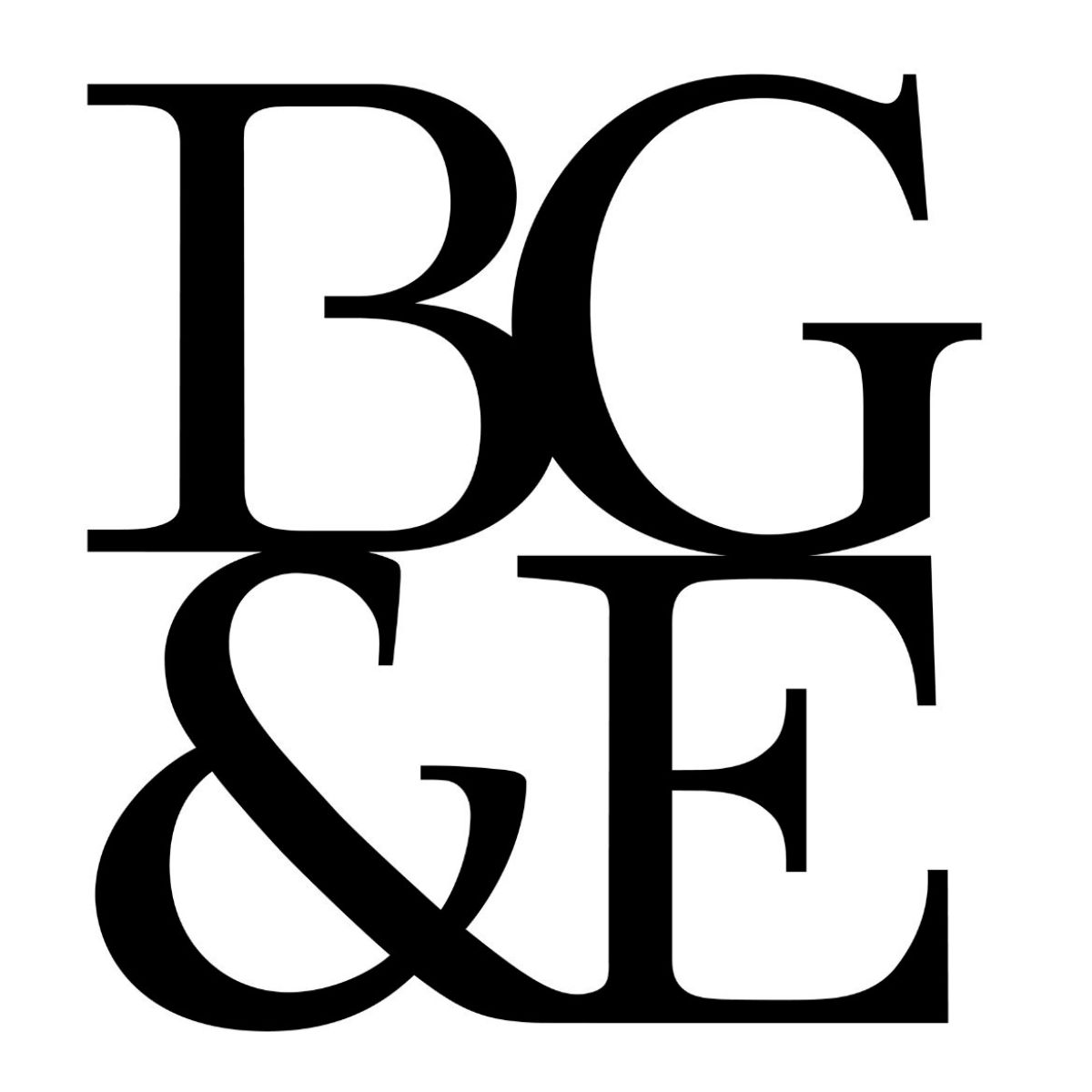
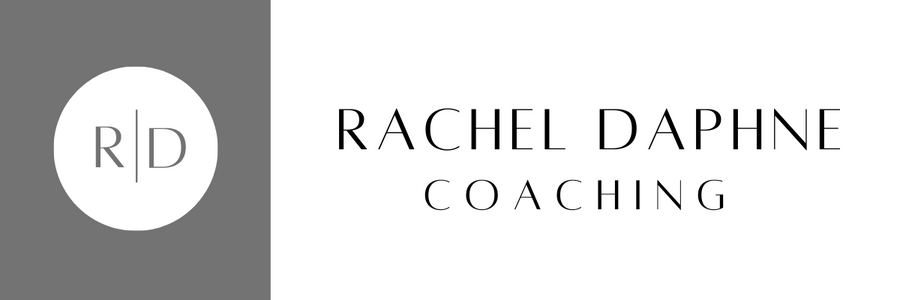
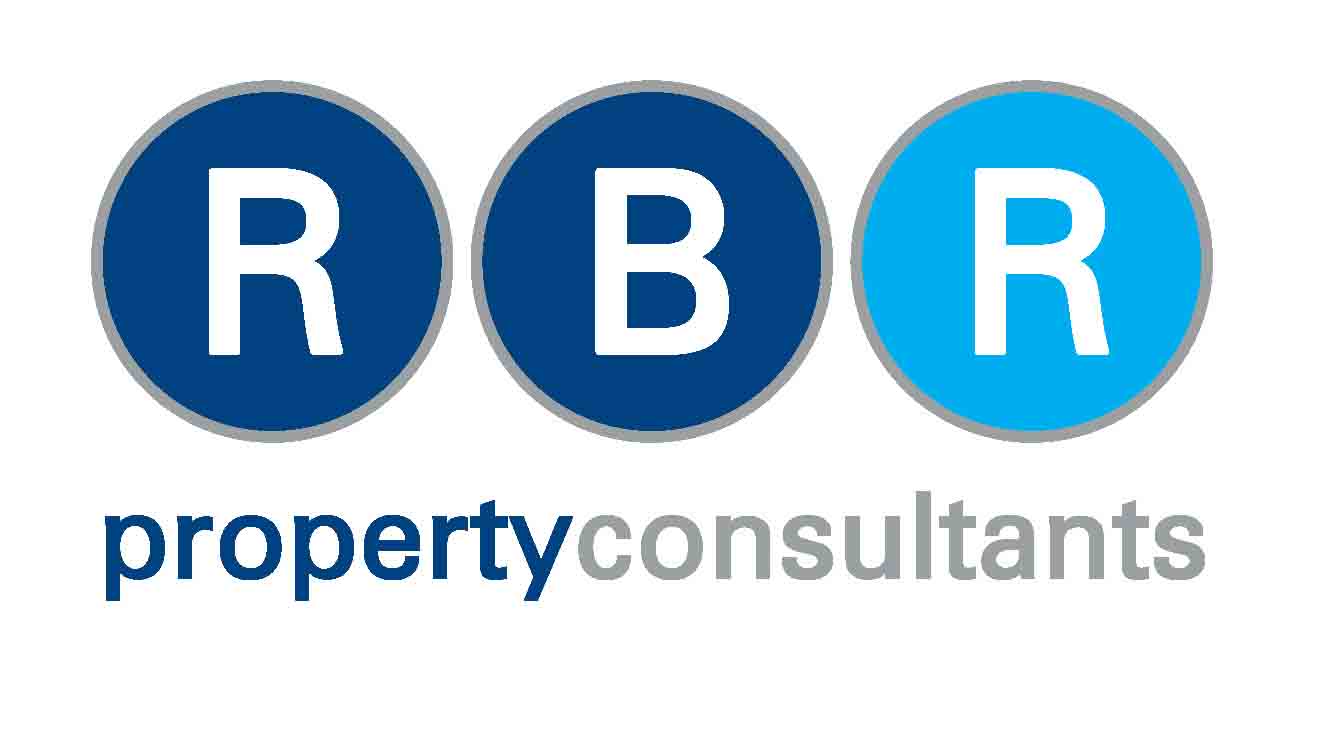
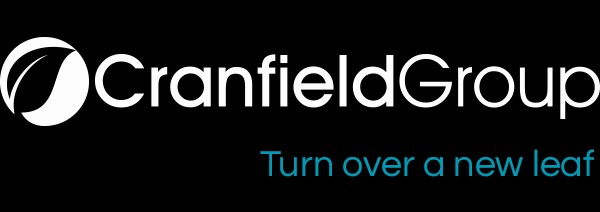

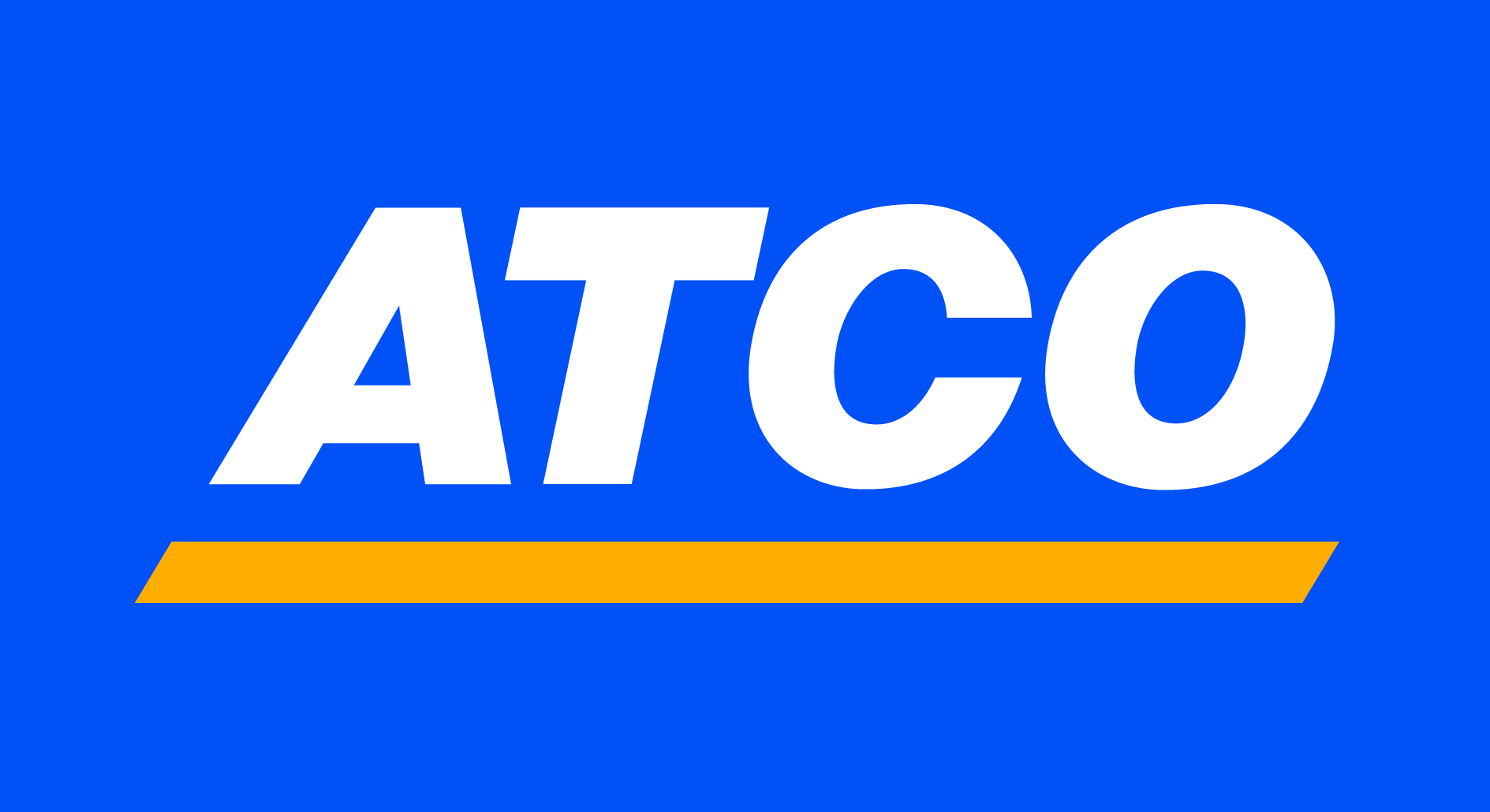
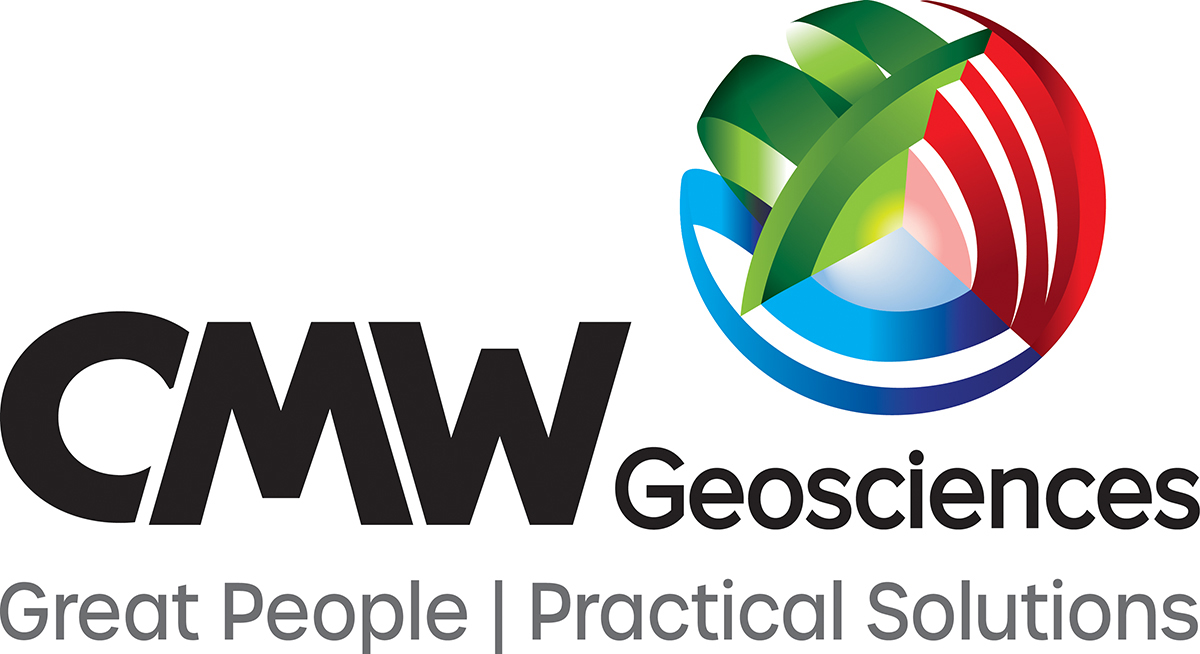





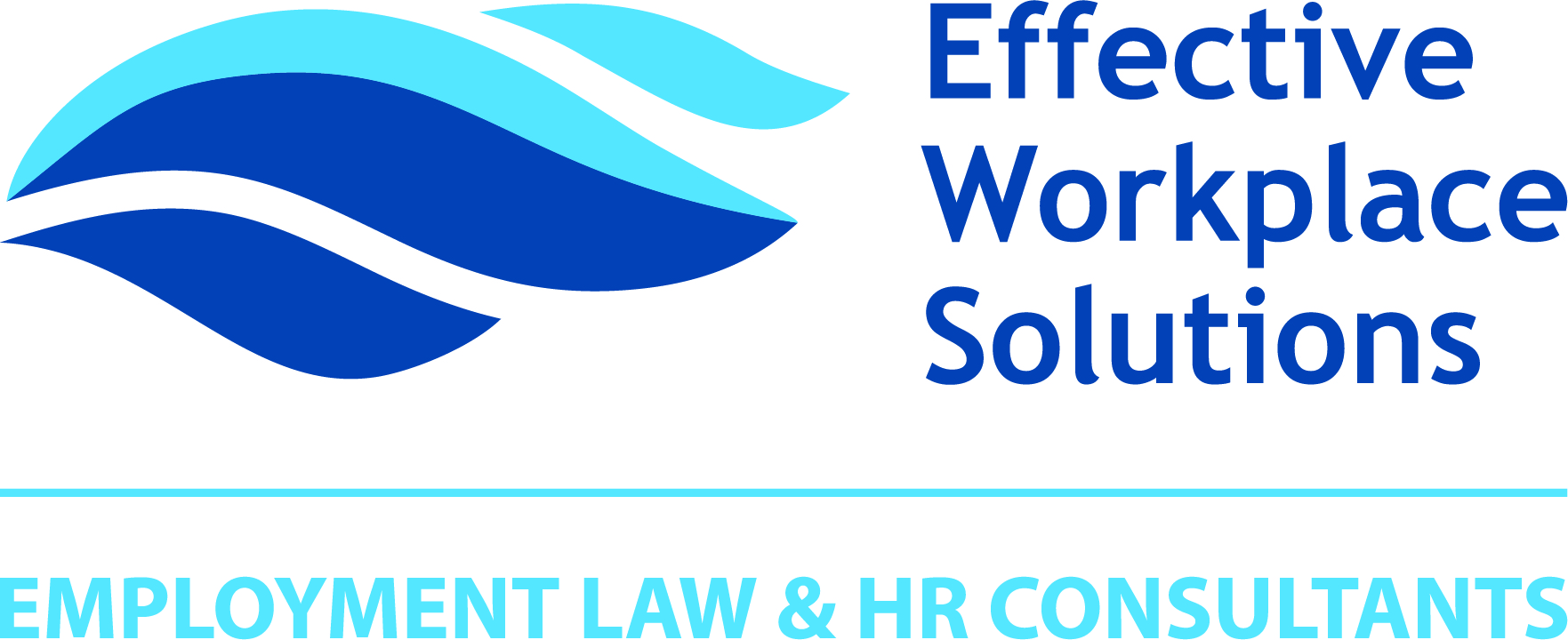


.jpg)
